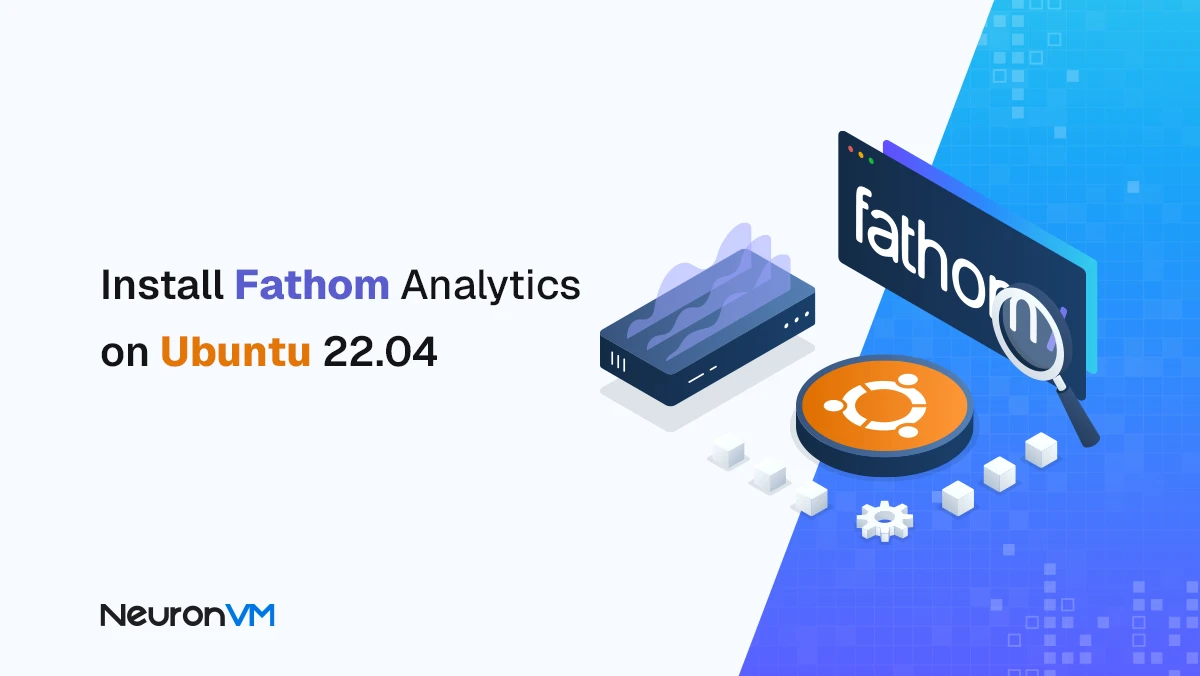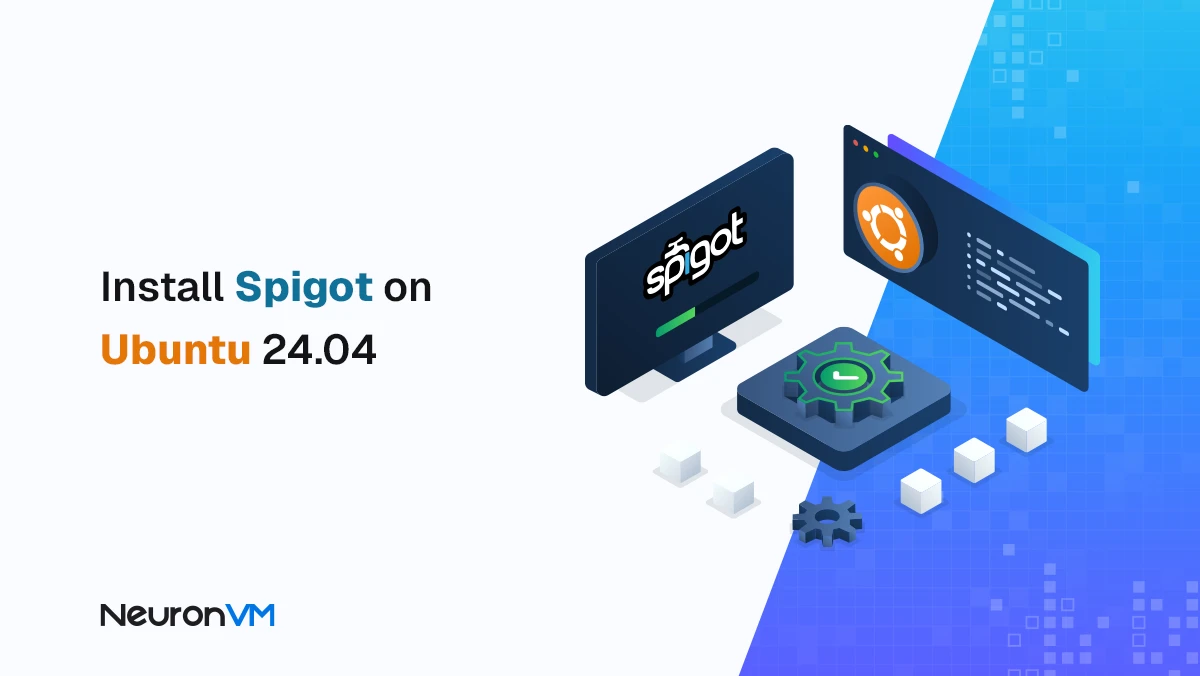How to Install Atom on Fedora 34 [Step-by-Step]
![How to Install Atom on Fedora 34 [Step-by-Step]](https://neuronvm.com/wp-content/uploads/2025/07/Introduction-and-Install-Atom-on-Fedora-34.webp)
 8m
8m
 0 comments
0 comments
So here’s the deal: I recently needed a change from my usual coding setup, I’d been hearing things about Atom for a while now, and since I’m running Fedora 34 on my machine, I figured, why not? I decided to install it, test it out, and see if it could really keep up with my daily workflow. This post isn’t some tech manual; it’s just my honest experience installing Atom, why I picked it, and what stood out along the way. Hopefully, if you’re on Fedora and wondering what editor to use, this’ll save you some time.
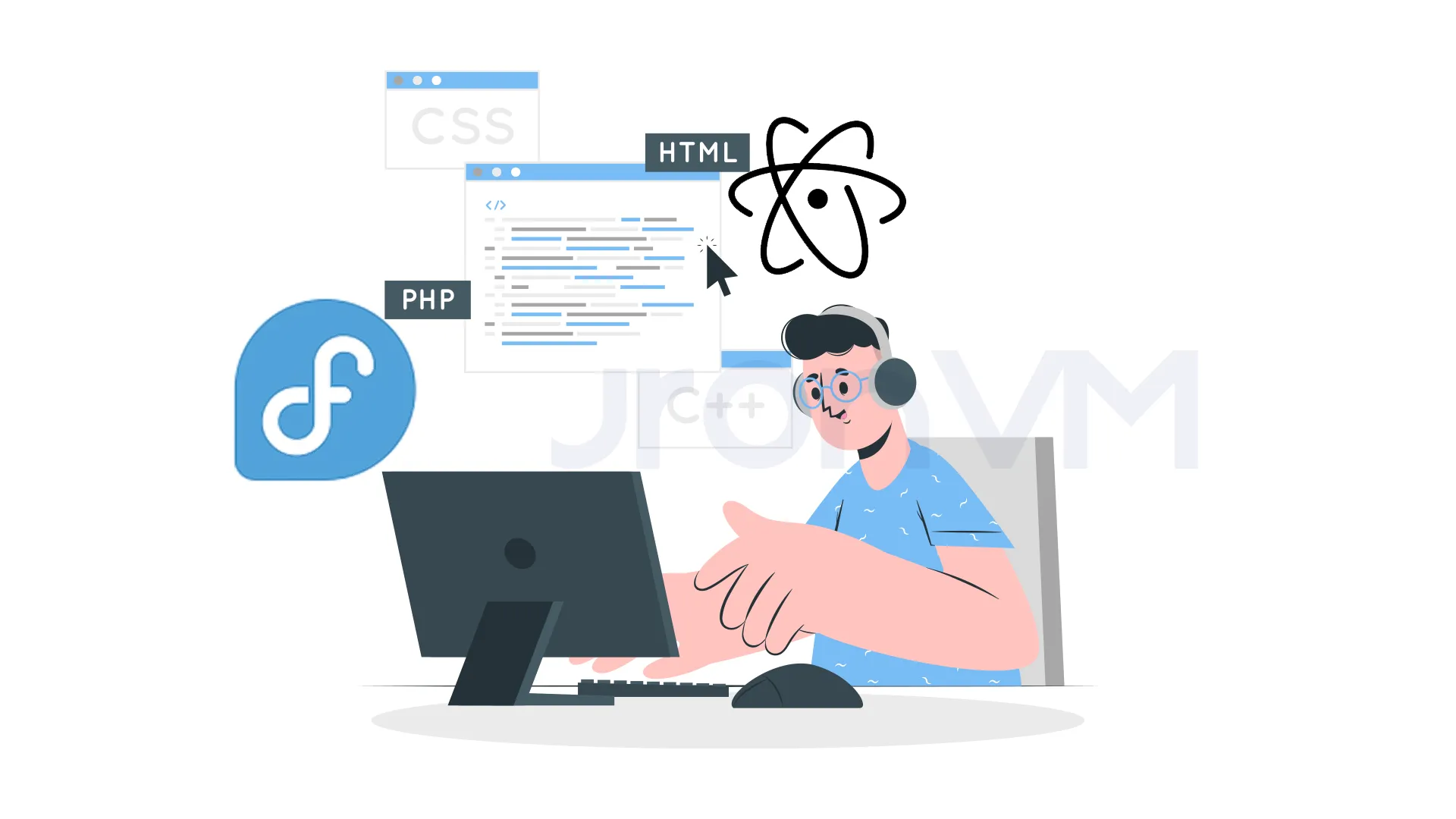
Why I gave Atom a try
Honestly, I’ve tried a bunch of editors. VS Code? Yep. Sublime Text? That too, But I wanted something different, something a little more lightweight but still powerful enough to handle what I do. Atom caught my attention mostly because:
- It’s open-source and free (no strings attached).
- You can tweak just about everything.
- It’s built with developers in mind, but it doesn’t feel overly complicated.
What really helped was the community, There are tons of packages, themes, and support floating around, which meant I wasn’t left figuring stuff out on my own.
What makes Atom Worth Trying?
Here are a few things that made Atom feel like the right fit:
- highly Customizable: You can tweak everything, from layout to keyboard shortcuts.
- Language Support: Works well with JavaScript, Python, HTML, CSS, and many more.
For a free tool, Atom punches above its weight, especially if you like making your editor feel truly yours.
Installing Atom on Fedora 34 (2 Easy Methods)
You’ve got two main ways to install Atom on Fedora: one is using the RPM package, or through Snap, I tested both. Here’s how each method works.
💥 Option 1 1: Install Atom Using RPM Package
Step 1: Download the Atom RPM File
Visit Atom’s official GitHub release page and grab the latest “.rmp” file.
atom.x86_64.rpm
Step 2: Install the package
Open Terminal and run this command:
sudo dnf install ./atom.x86_64.rpm
Step 3: Launch Atom
Just type:
atom
The interface will load up, and you’ll be ready to go.
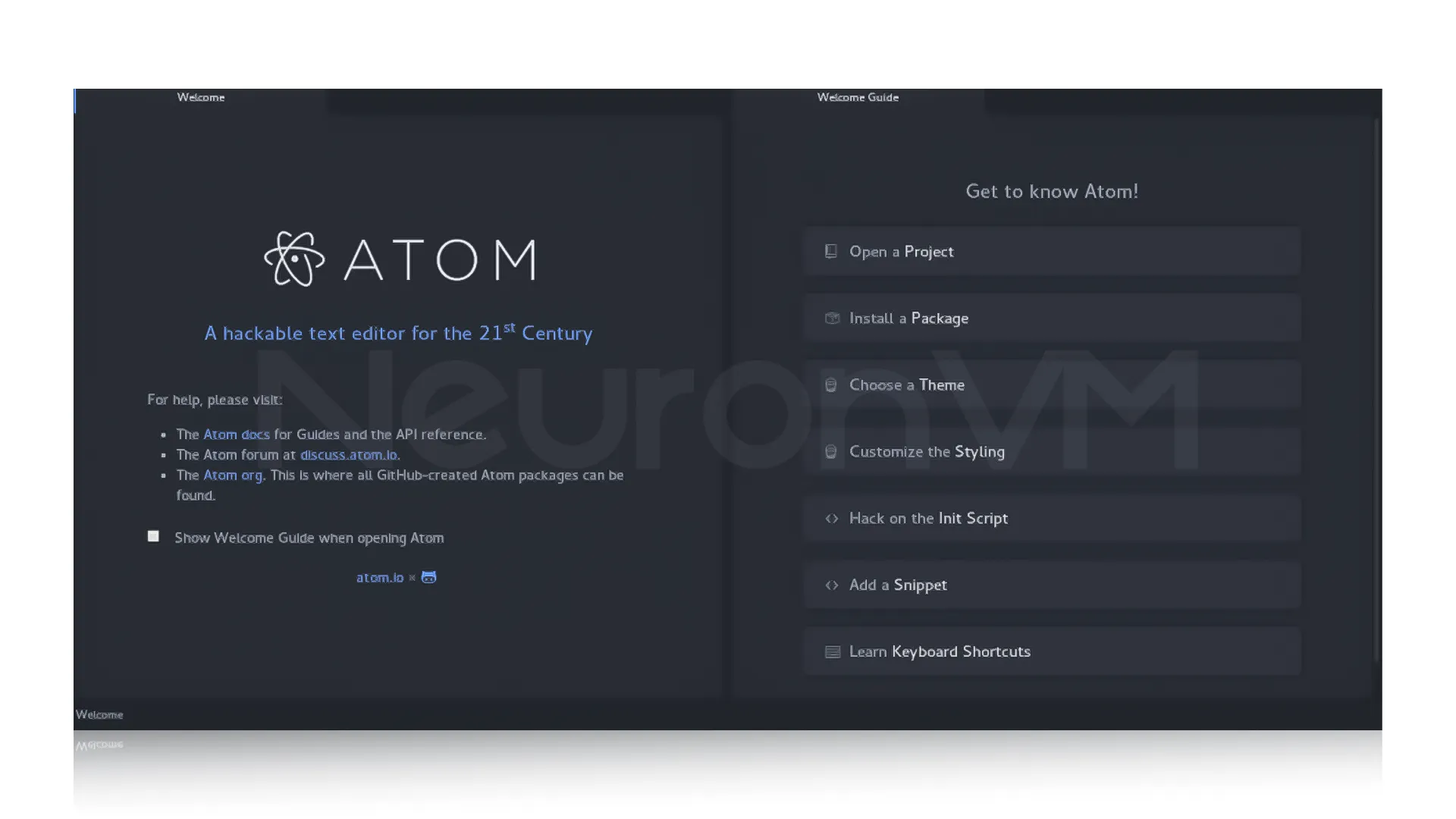
Step 4: Use the Command Palette
One shortcut you’ll want to remember is ” Ctrl + Shift + P”; it opens the Command Palette, where you can search and run almost any command in Atom.
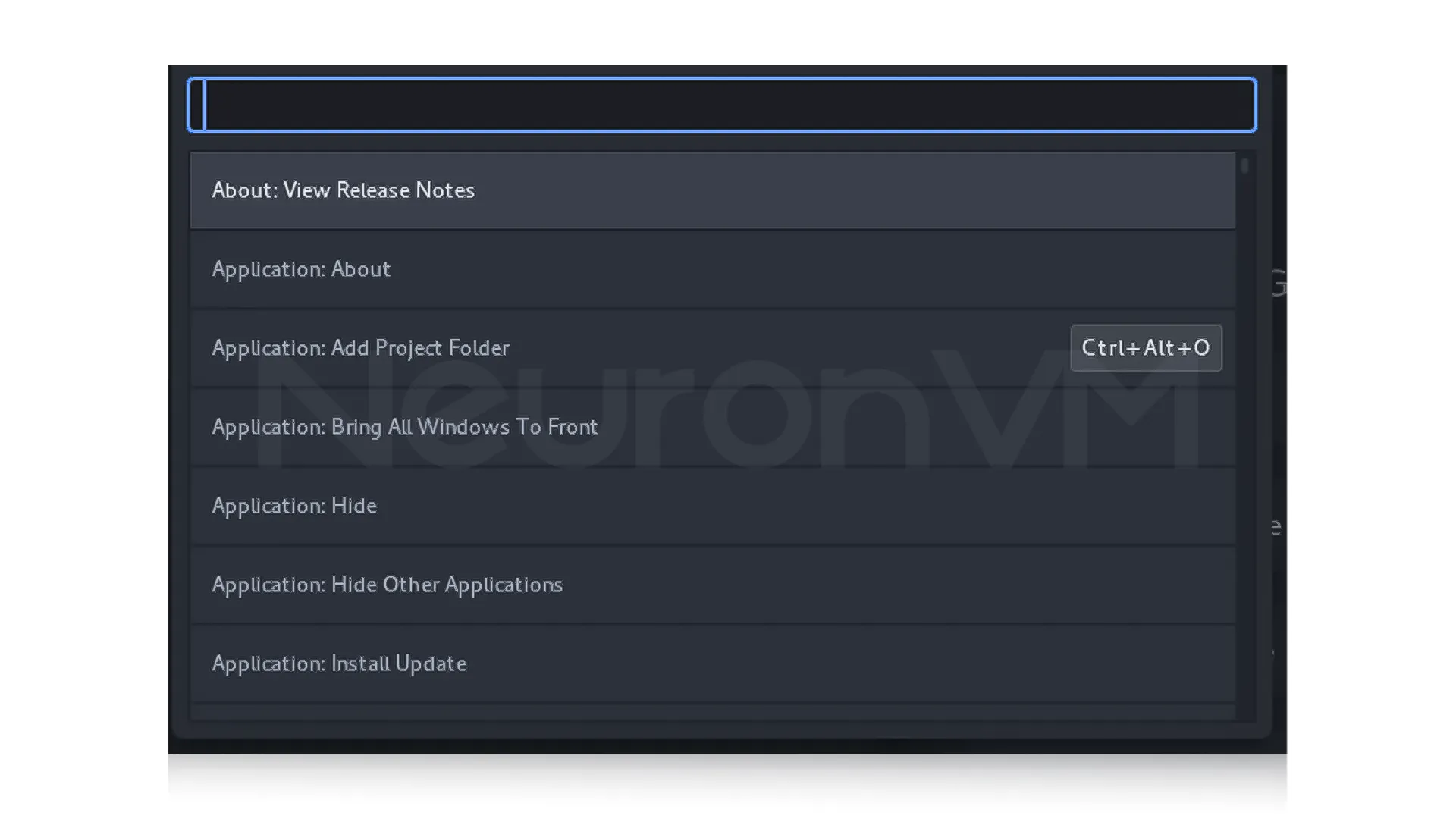
💥 Option 2: Install Atom Using Snap
Step 1: Install Snapd
In terminal:
sudo dnf install snapd
Step 2: Reboot your system
Restart your computer to apply the changes.
Step 3: Create Symbolic Link
Enable classic Snapd support by running:
sudo ln -s /var/lib/snapd/snap /snap
Step 4: Install Atom via Snap
Now install Atom:
sudo snap install atom --classic
That’s it Atom is now installed using Snap.
How to Install Packages and Customize Themes in Atom on Fedora 34
Atom comes with tons of extra tools (called packages) that you can easily add to make coding smoother. Here’s how I added a few:
How to Install a Package in Atom
- Press Ctrl button and click Install under the Settings menu.
- Type package name you want to add.
- Hit Install again, and it’s done.
Some packages I found useful from the start:
Minimap: gives you a small scrollable preview of your code.
Beautify: auto-formats your code for better readability.
Git Plus: lets you run Git commands right from Atom.
Color Picker: lets you choose colors with a pop-up tool.
File Icons: adds helpful icons next to file names.
Changing Themes in Atom
By default, Atom includes a few themes, both for the interface and for your code. You can change them any time.
To change a theme:
1- Go to Settings, then click the Themes tab.
2- Pick a UI theme and a syntax theme that really match your personal style
3- Want more? Browse the community-made themes and install them with one click.
I started with the “One Dark” theme, later, I swapped to something softer for late-night sessions, you can switch it up whenever you like.
Final Thoughts
Setting up Atom on Fedora 34 turned out to be a smooth experience. What I appreciated most was how easy it was to get started, no complicated setup, just install and go, At the same time, it gave me plenty of room to customize things later as I got more comfortable, If you like having control over your coding environment or prefer tools that stay out of your way until you need more, Atom is worth a try, Explore the community packages and themes, there’s a lot you can do to make it your own.
Yes, you can install it using either the RPM package or Snap package method.
You can open it by typing "atom" in your terminal.
You might like it
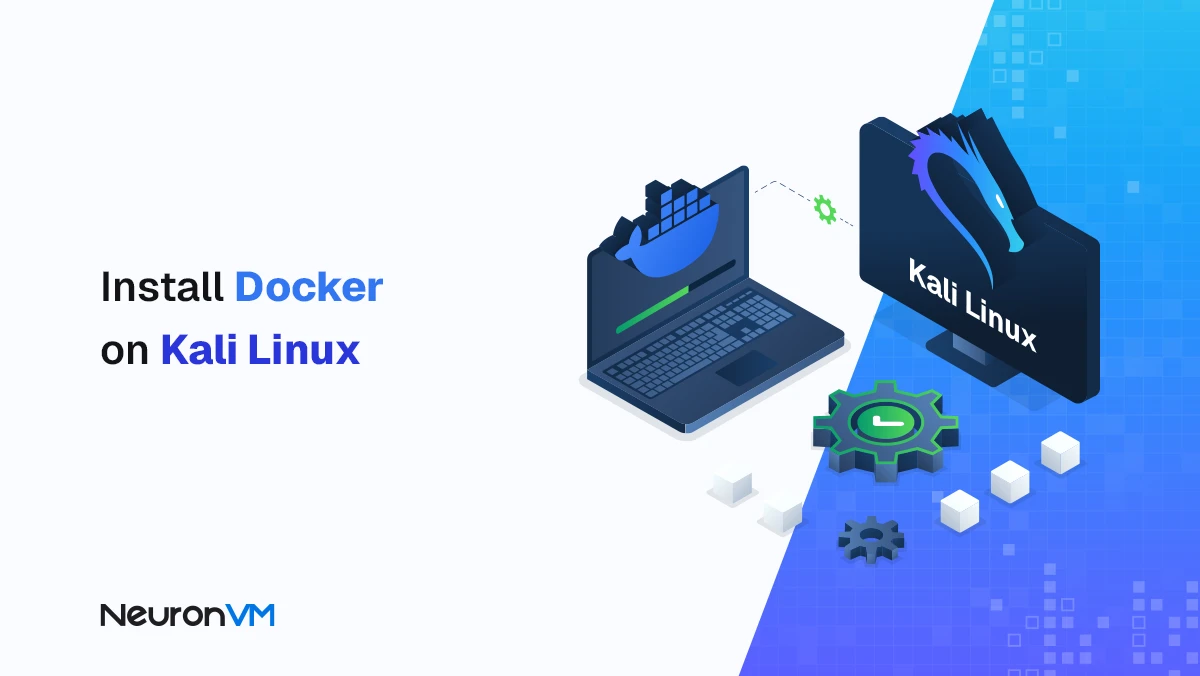
Kali Linux Tutorials
How to Install and Enable Docker on Kali Linux (Step-by-Step...
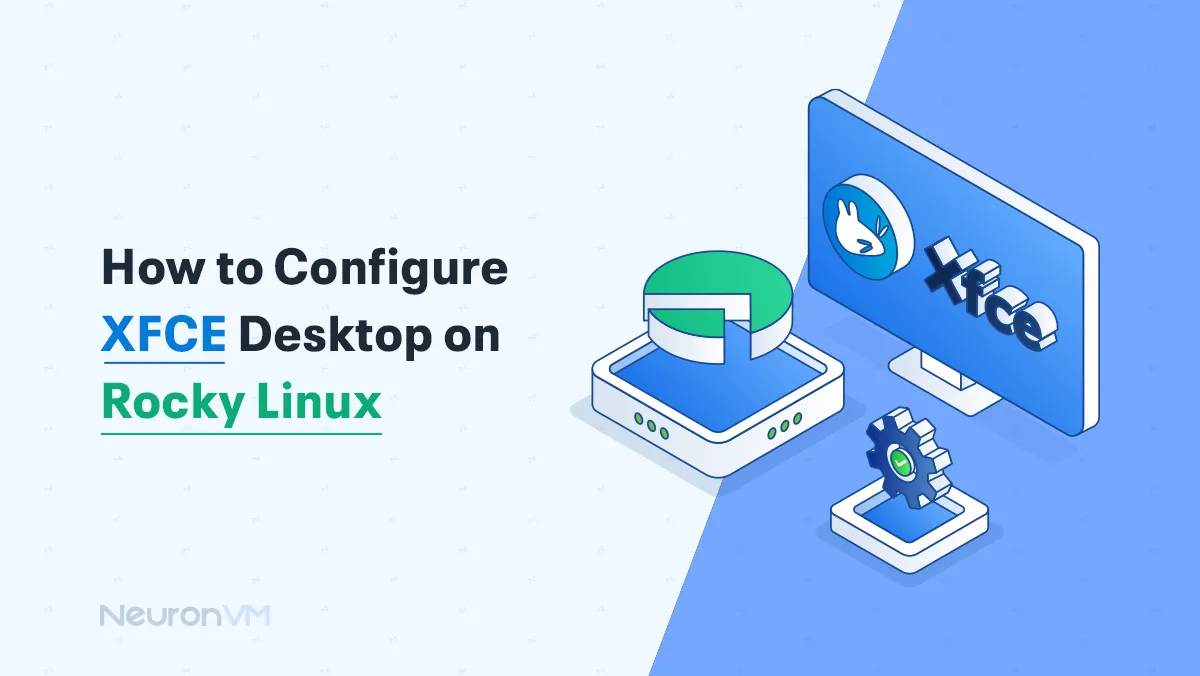
Linux Tutorials
How to Configure XFCE Desktop on Rocky Linux
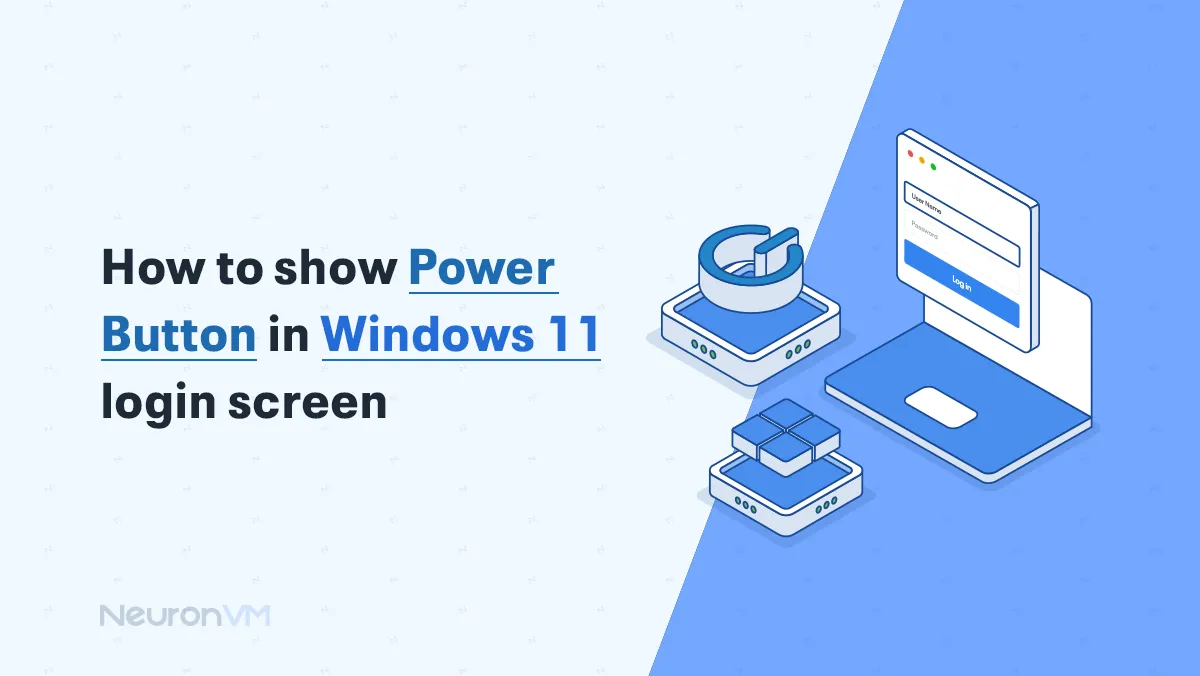
Windows Tutorials
How to Show Power Button in Windows 11 Login Screen


